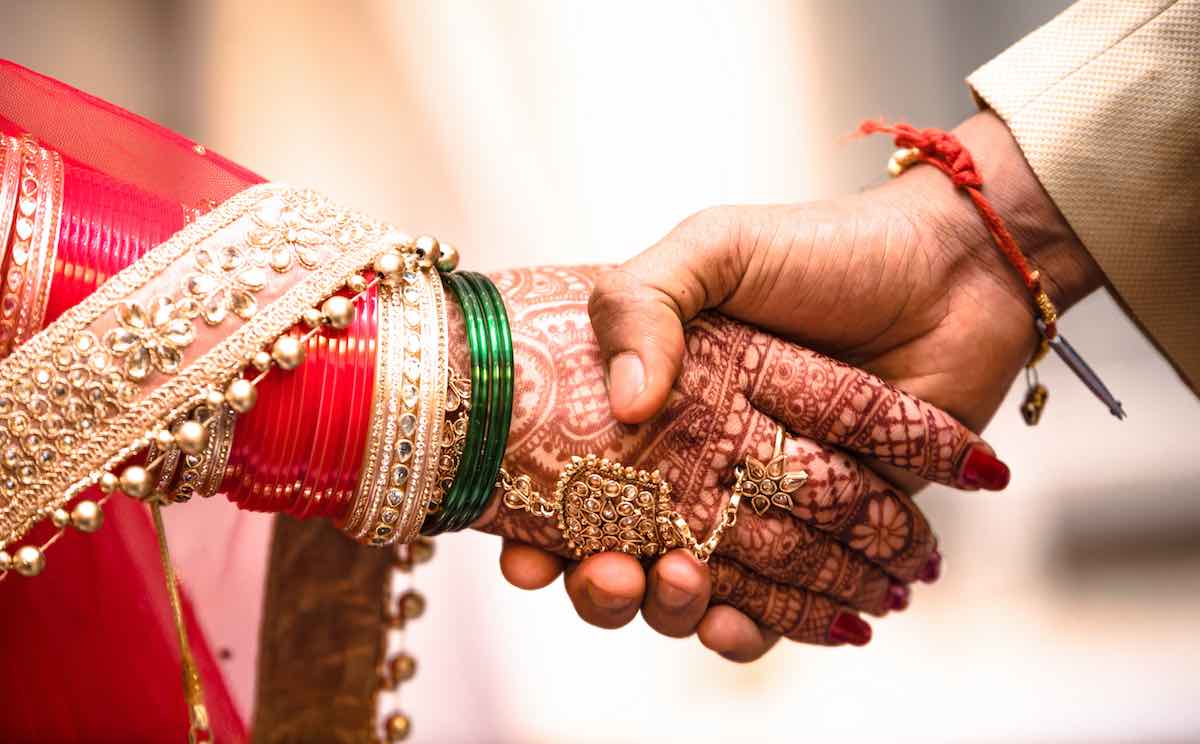The denial of the ability to choose a mate based on caste violates fundamental rights, is upheld by the High Court of Himachal Pradesh through the learned Judge JUSTICE VIVEK SINGH THAKUR, in the case of Sanjeev Kumar V. State Of Himachal Pradesh, (Cr. Writ Petition No. 2 of 2021)
Brief facts of the case:
Sanjeev Kumar (petitioner) filed a petition to get the release/custody of his girlfriend, Komal Parmar, who was kept against her will by her family members in order to prevent their marriage from being solemnised.
Because Kumar was from a lower-caste background and Komal was from an upper-caste (Thakur) family, it was said that Komal’s family members opposed the marriage and threatened the couple, along with the Petitioner’s family.
Thus, the petitioner called for the production of Ms. Komal Parmar and for the respondents-State to give adequate protection to the petitioner and his family members, whose lives and property are in imminent danger.
In compliance with the court’s order, Komal Parmar was brought before the court and her desires were ascertained; she approved of her abduction and subsequent treatment by her family members, relatives, and locals.
JUDGEMNET:
After reviewing the circumstances of the case, the court stated, we live in a state regulated by the Constitution, and discrimination based on caste by denying the freedom to choose a spouse is a breach of the Fundamental Rights granted by the Constitution of India.
Recognizing the independence of thought as a fundamental aspect of Indian culture, the bench stated, As far as opposition to marriage based on caste difference is concerned, the same is the result of spiritual and religious ignorance leading to behavior in violation of constitutional mandate, despite the fact that the Constitution is a manifestation of the ancient values of Bhartiya Society. God’s omnipresence, immanence, and equality before God are fundamental spiritual and religious precepts shared by all religions. In addition, it is believed that God exists not only in living beings but also in nonliving objects; hence, no one should be discriminated against on the basis of sex, caste, creed, race, color, or socioeconomic class.
JUDGEMENT REVIEWED BY – HARILAKSHMI


